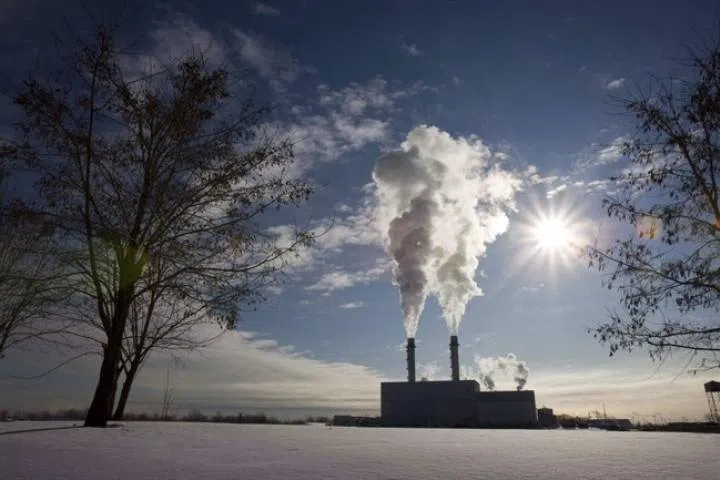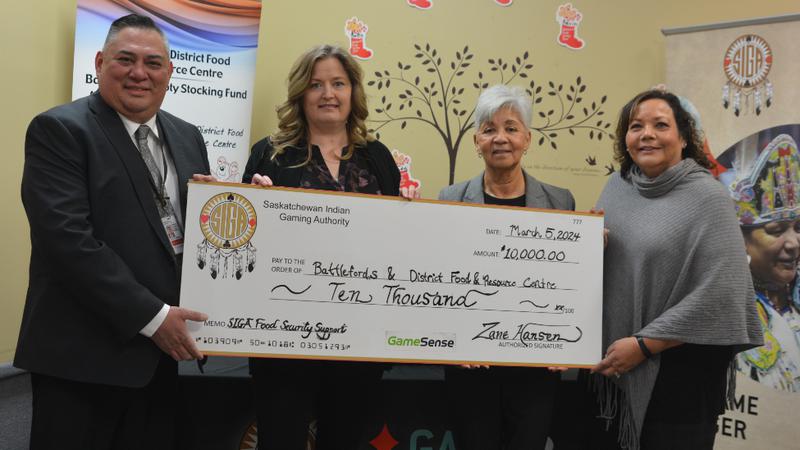
Province reacts as feds announce carbon tax rebate program for Saskatchewan
Prime Minister Justin Trudeau has unveiled the details of a federal carbon tax rebate program that will offset costs by providing cheques to families.
The program will be in place for Saskatchewan, Ontario, Manitoba and New Brunswick — the provinces that have not complied with placing a minimum cost on pollution or implementing an adequate pricing scheme by Jan. 1, 2019.
The four jurisdictions will have a federal carbon levy on fuels as well as a cap-and-trade style system for large emitters imposed on them.
“Starting next year, it will no longer be free to pollute anywhere in Canada,” Trudeau said at Humber College in Toronto Tuesday morning. “We will send a climate action incentive directly to Canadians to help them adjust.”


